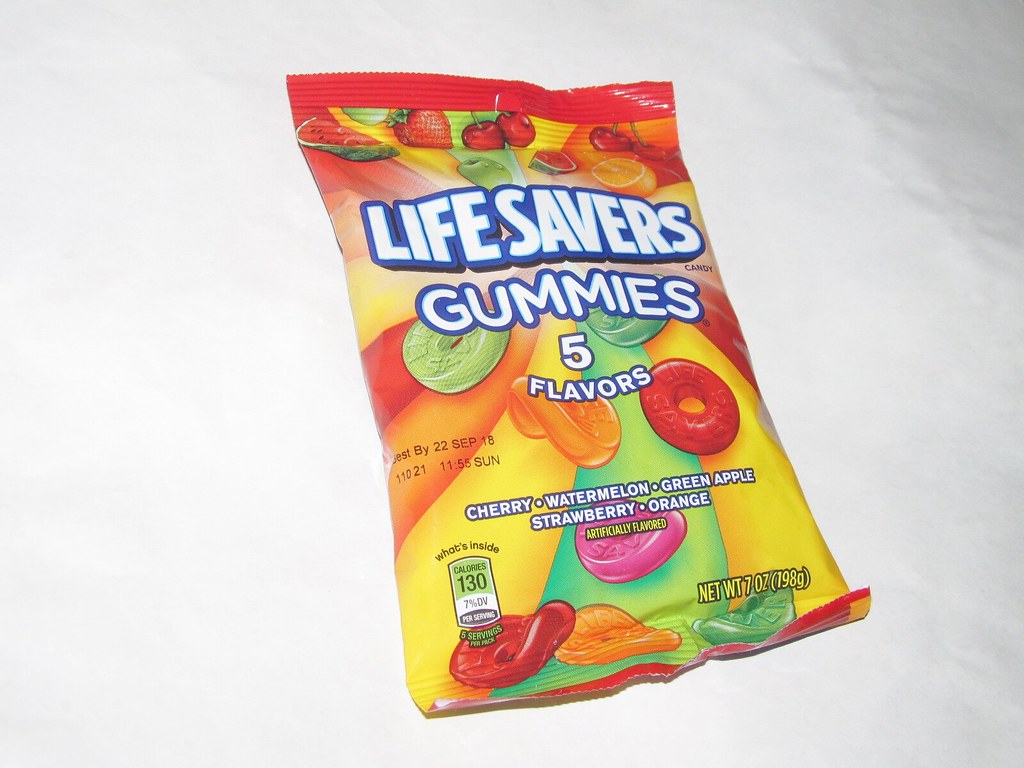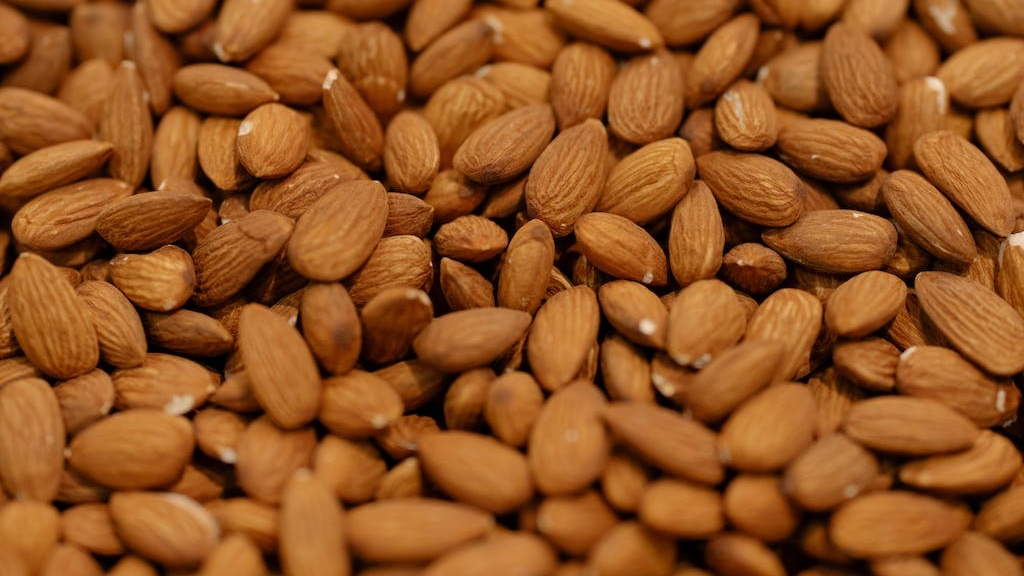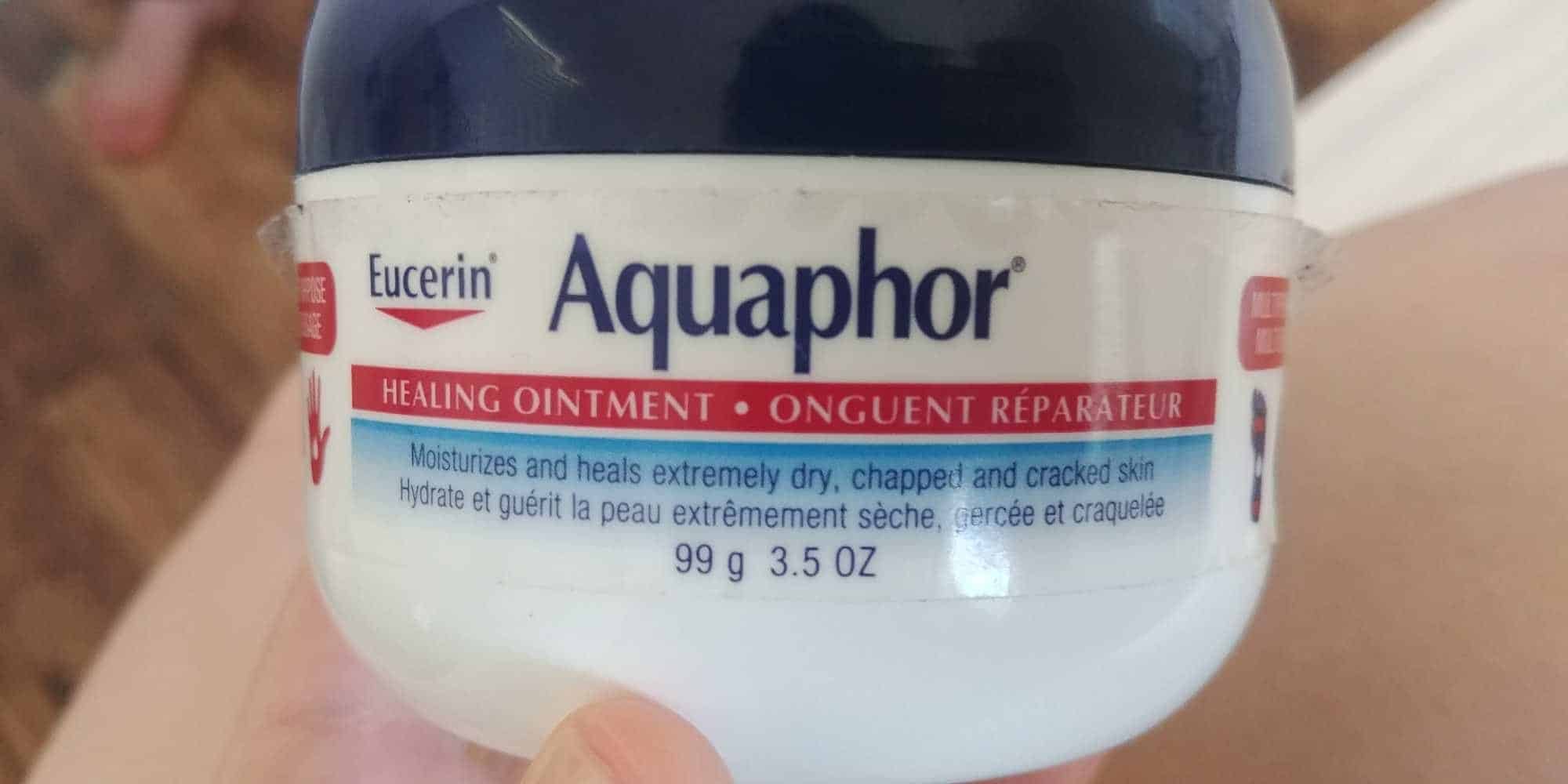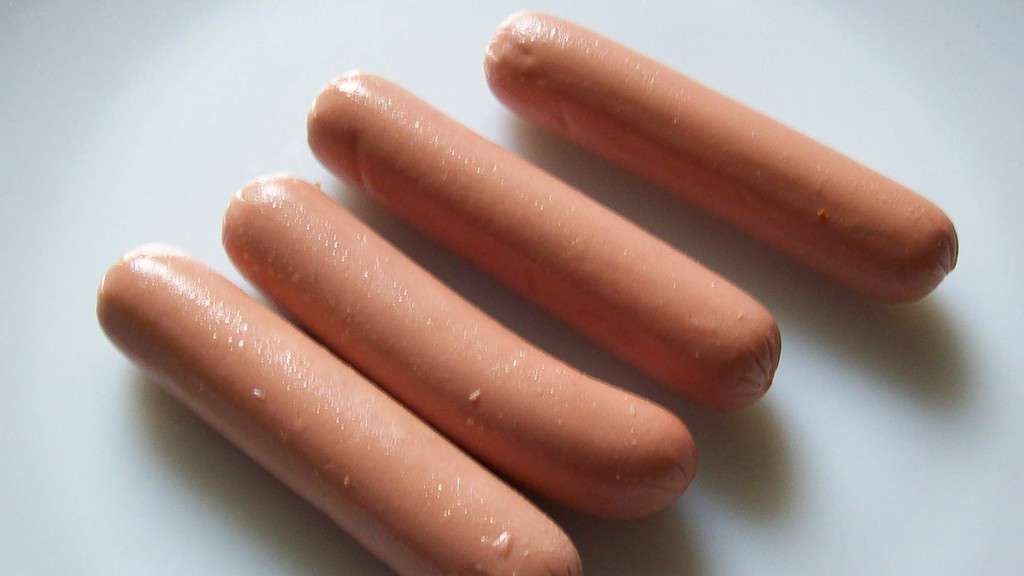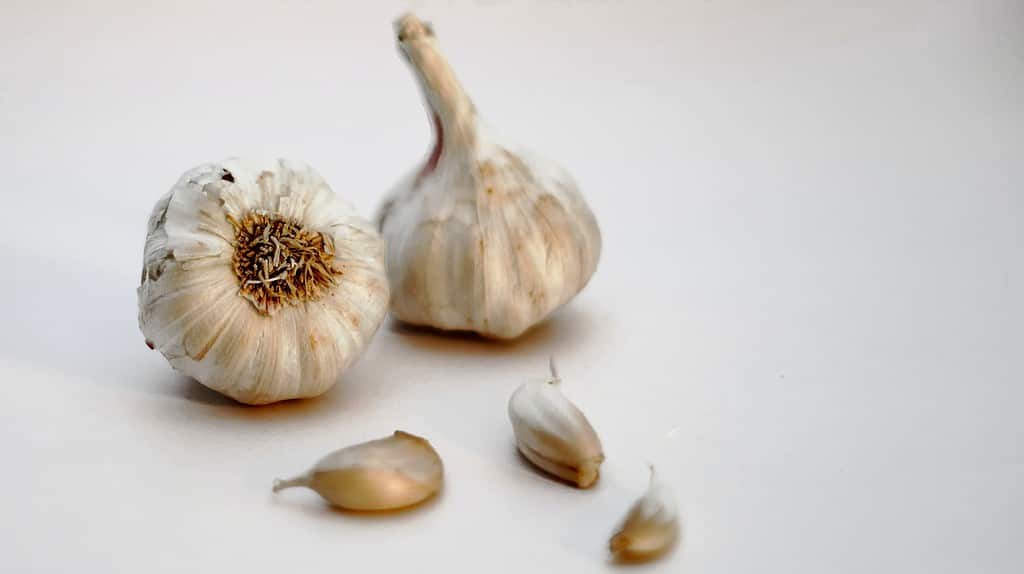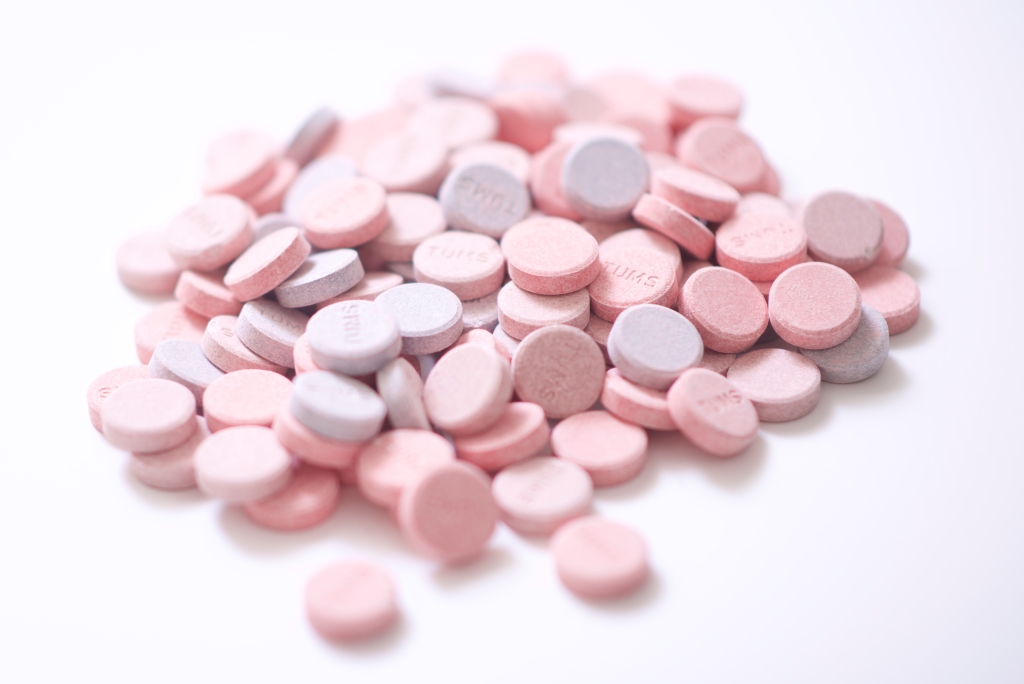Key Takeaways
- Cotton is not digestible for dogs and can potentially pose health risks if ingested in large amounts.
- Consuming cotton can lead to gastrointestinal blockages, which may require surgical intervention.
- Some cotton products, such as clothing or bedding, may contain dyes or chemicals that can be toxic to dogs.
- If you suspect your dog has eaten cotton, monitor for symptoms like vomiting, diarrhea, abdominal pain, or loss of appetite.
- It is essential to keep cotton and other hazardous materials out of your dog’s reach to prevent accidental ingestion.
- If you have any concerns, consult with a veterinarian for appropriate guidance and treatment.
Summary
Can dogs eat cotton? No, dogs should not eat cotton as it can lead to serious health issues. However, it is vital for dog owners to understand the potential risks and consequences involved. This article explores the dangers of dogs consuming cotton and discusses alternative solutions to satisfy their chewing needs. By reading further, you’ll gain valuable knowledge that can help keep your furry friend safe and healthy.

Can Dogs Eat Cotton?
Many pet owners may wonder whether dogs can safely consume cotton. While cotton is generally non-toxic to dogs, it is not suitable for ingestion and can lead to potential health issues. Dogs have a digestive system that is not designed to process large amounts of cotton, and consuming it can cause blockages in their intestines. Furthermore, cotton absorbs moisture, potentially leading to dehydration if ingested in significant quantities. Therefore, it is best to keep your furry friend away from cotton products and ensure they don’t chew or swallow any cotton-filled items.
What are the Risks of Dogs Eating Cotton?
If a dog ingests cotton, it can pose several risks to their health. One major concern is the potential for intestinal blockages. When dogs eat large amounts of cotton, it can form a compact mass in their digestive system, leading to distressing symptoms such as vomiting, diarrhea, abdominal pain, and even life-threatening situations that may require surgical intervention. Another risk is the possibility of cotton fibers getting stuck in the dog’s throat, causing choking hazards. Therefore, it is vital to prevent your dog from accessing cotton materials to avoid these potential risks.
Symptoms of Cotton Ingestion in Dogs
If your dog has consumed cotton, there are various signs that may indicate this. Keep an eye out for symptoms such as vomiting, diarrhea, decreased appetite, abdominal discomfort, lethargy, restlessness, or signs of straining during bowel movements. In severe cases of blockage, your dog may exhibit more severe symptoms like dehydration, severe pain, or a rigid abdomen. It’s crucial to monitor your dog’s behavior and seek veterinary attention promptly if you suspect they have ingested cotton or if any of these symptoms arise.
Preventing Accidental Cotton Ingestion
To prevent your furry companion from accidentally eating cotton, it’s important to ensure they don’t have access to cotton products. Keep an eye on items such as cotton balls, cotton swabs, clothing with cotton stuffing or padding, and even stuffed toys that contain cotton filling. Be vigilant with your dog’s environment and supervise them closely, especially if they have a habit of chewing or exploring objects with their mouth. Opt for more durable and safe chew toys specifically designed for dogs, and consider providing them with appropriate alternatives to satisfy their chewing needs.
What to Do if Your Dog Eats Cotton
If you suspect that your dog has consumed cotton or if they start showing symptoms of ingestion, contact your veterinarian immediately. Avoid inducing vomiting or administering any home remedies without professional advice. The vet will be able to assess the situation, determine the best course of action, and may recommend diagnostic tests or treatments based on the individual circumstances. Remember, early intervention is vital to prevent complications and ensure your dog’s well-being.
Quick Recap
In summary, while cotton is generally non-toxic, it is not recommended for dogs to consume. Cotton ingestion can lead to potential blockages, choking hazards, and dehydration. It’s crucial to keep your dog away from cotton materials and promptly seek veterinary assistance if ingestion is suspected. By ensuring a safe environment and providing suitable alternatives for chewing, you can help protect your furry friend from the risks associated with cotton ingestion.
Recipes and Alternatives to cotton for dogs
Cotton is not safe for dogs to consume as it can cause digestive issues and potentially lead to blockages. It is important to keep cotton and other non-edible materials away from dogs. Instead, here are some alternative foods that are safe and healthy for dogs:
- Lean meats such as chicken, turkey, or beef
- Fruits like apples, bananas, and blueberries
- Vegetables such as carrots, green beans, and sweet potatoes
- Plain, cooked rice or pasta
- Plain, unsalted peanut butter
Can Dogs Eat Cotton? – Frequently Asked Questions
1. What is cotton?
Cotton is a soft, fluffy fiber that grows in protective cases around the seeds of cotton plants. It is commonly used to make textiles, such as clothing and bedding.
2. Is cotton safe for dogs to eat?
No, cotton is not safe for dogs to eat. While small amounts of cotton may pass through a dog’s digestive system without causing harm, consuming larger quantities can lead to serious health issues.
3. What happens if a dog eats cotton?
If a dog ingests cotton, it can cause blockages in their digestive tract. This can lead to symptoms such as vomiting, diarrhea, abdominal pain, loss of appetite, and even life-threatening complications that may require surgical intervention.
4. Why do dogs sometimes eat cotton?
Dogs may be attracted to the texture or smell of cotton, especially if it has been used in clothing, bedding, or other items that carry their owner’s scent. Some dogs may also exhibit pica, a condition where they have an abnormal appetite for non-food items.
5. What should I do if my dog eats cotton?
If you suspect that your dog has ingested cotton, it is important to contact your veterinarian immediately. They will be able to provide guidance based on your dog’s size, the amount of cotton consumed, and any symptoms they may be experiencing.
6. How can I prevent my dog from eating cotton?
To prevent your dog from eating cotton, it is essential to keep all cotton-based items out of their reach. This includes clothing, bedding, towels, and any other household items that contain cotton. Additionally, providing your dog with appropriate chew toys and regular mental and physical stimulation can help reduce their desire to chew on non-food items.
7. Are there any safe alternatives to cotton for dogs to chew on?
Yes, there are several safe alternatives to cotton for dogs to chew on. These include specially designed chew toys made from durable materials such as rubber or nylon. Always ensure that the chew toys you provide are appropriate for your dog’s size and chewing habits.
8. Can cotton balls be dangerous for dogs?
Yes, cotton balls can be dangerous for dogs if ingested. They can easily become lodged in the digestive tract and cause blockages. It is crucial to keep cotton balls and other cotton-based products out of your dog’s reach.
9. Are there any health risks associated with dogs chewing on cotton?
Chewing on cotton can pose several health risks for dogs, including gastrointestinal blockages, choking hazards, and potential damage to their teeth and gums. It is best to discourage your dog from chewing on cotton or any other non-food items.
10. Can dogs use cotton bedding?
While cotton bedding may be comfortable for dogs, it is generally not recommended. Dogs may be tempted to chew or ingest the cotton fibers, which can lead to health issues. It is safer to provide your dog with bedding made from materials specifically designed for pet use.
Conclusion
Dogs should not eat cotton as it poses several risks to their health. While small amounts of cotton may pass through a dog’s digestive system without causing any harm, it is always best to prevent them from ingesting it in the first place. Consuming cotton can lead to gastrointestinal blockages, which can be life-threatening and may require surgical intervention. Ingested cotton can also cause irritation and inflammation in the digestive tract, leading to symptoms such as vomiting, diarrhea, and loss of appetite. To ensure the well-being of your dog, it is important to keep cotton and other non-edible items out of their reach and provide them with a balanced and appropriate diet.
📚 Sources:



